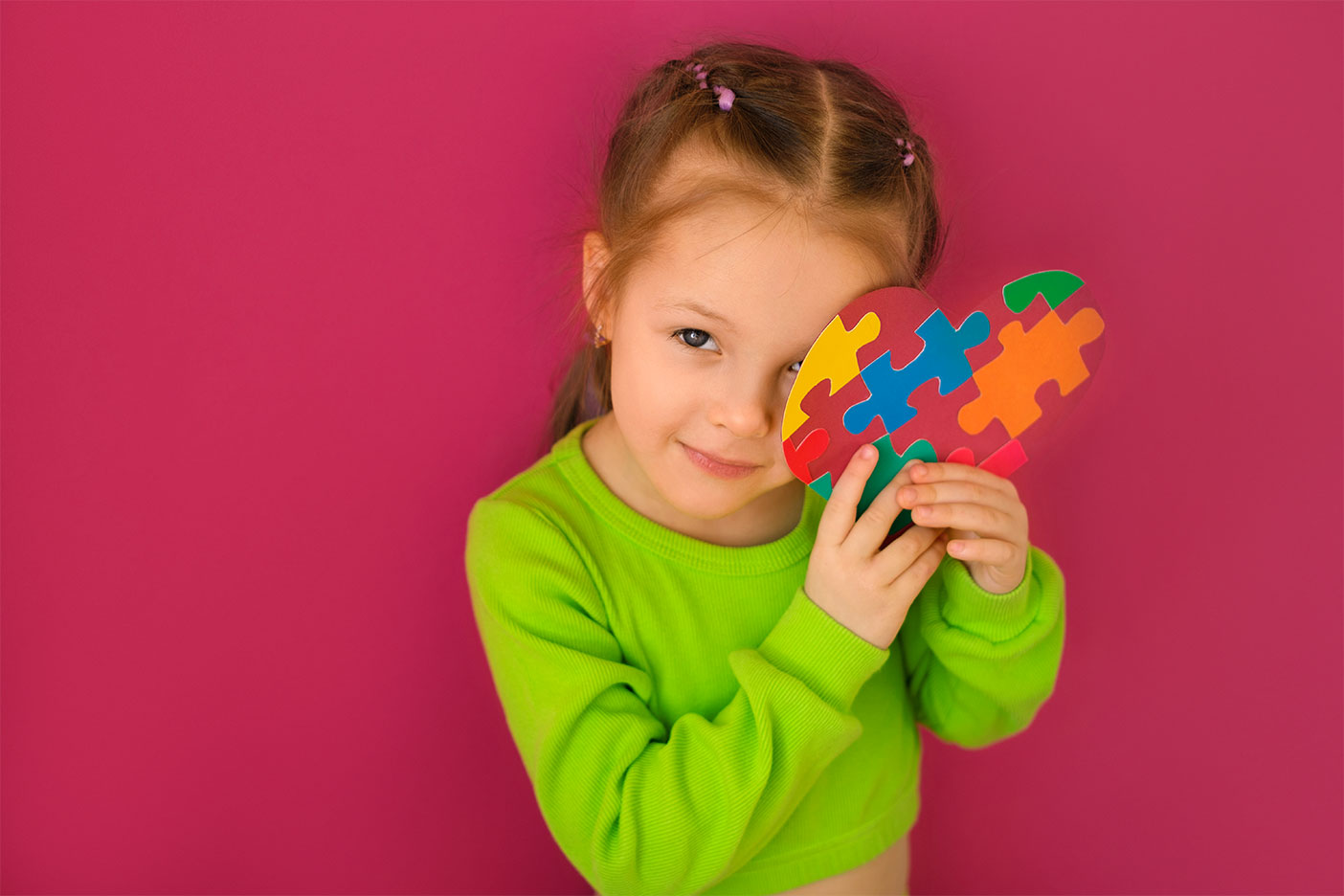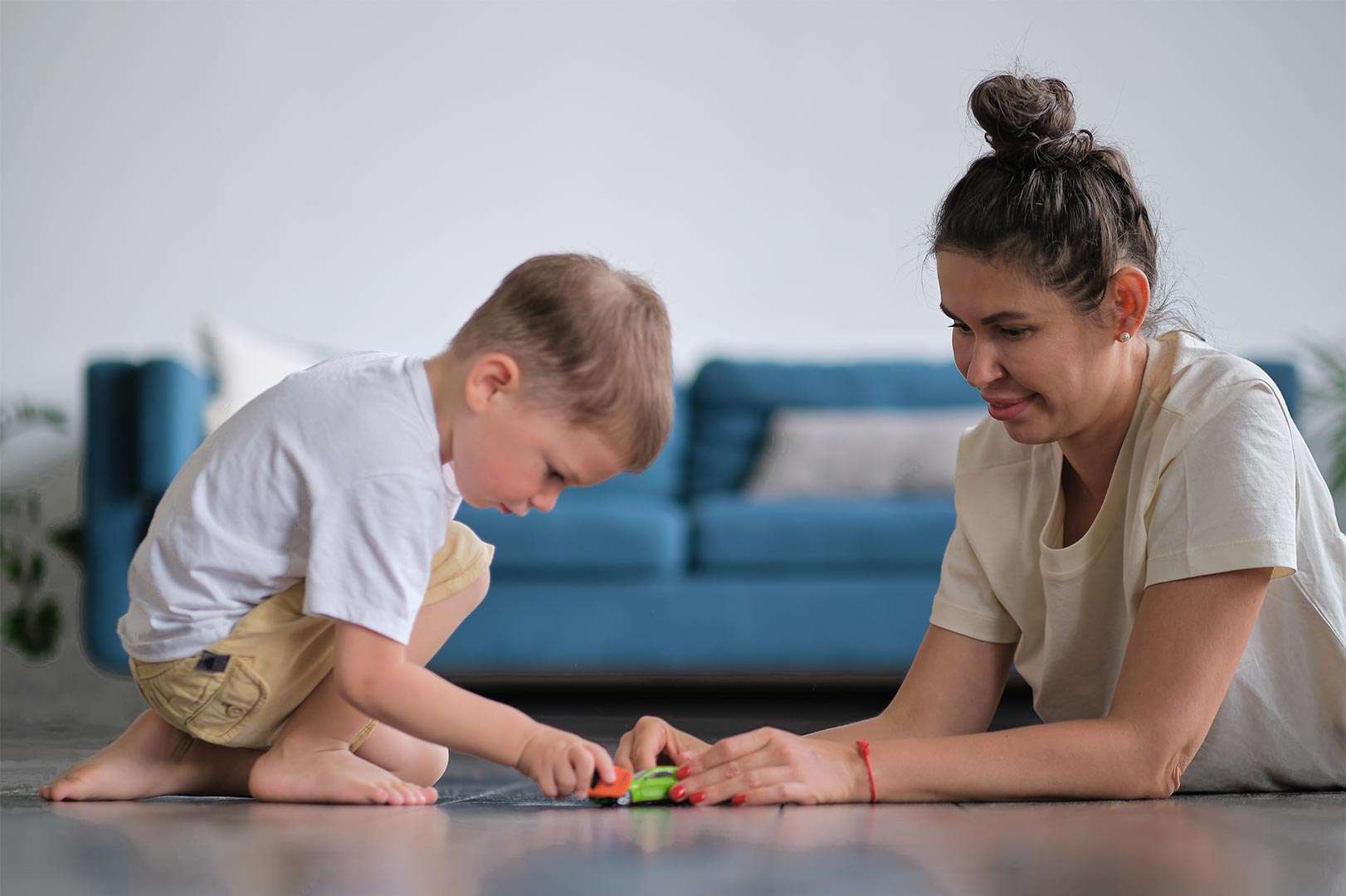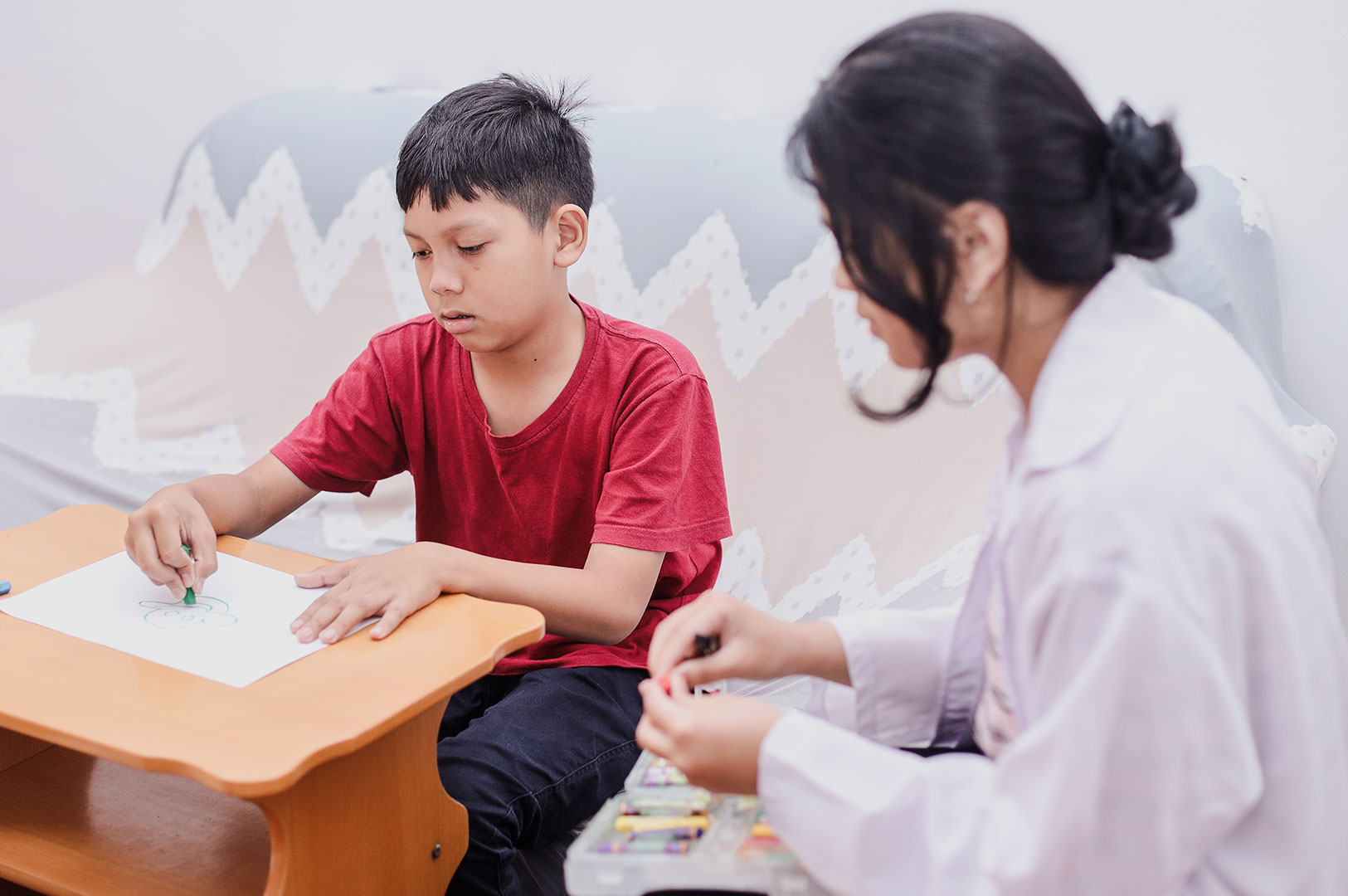What is Behavioral Therapy?
Behavioral therapy is a type of psychotherapy that focuses on changing unwanted behaviors. It is based on the idea that our behaviors are learned and can be unlearned. Behavioral therapy uses a variety of techniques to help people change their behaviors, including reinforcement, punishment, shaping, and modeling.
Key Points of Behavioral Therapy
- Focuses on observable behaviors: Behavioral therapy focuses on changing observable behaviors, rather than thoughts or feelings. This is because behaviors are more easily measured and changed than thoughts or feelings.
- Uses reinforcement and punishment: Behavioral therapy uses reinforcement and punishment to increase or decrease desired or undesired behaviors. Reinforcement is the presentation of a pleasant stimulus after a behavior, which increases the likelihood that the behavior will occur again. Punishment is the presentation of an unpleasant stimulus after a behavior, which decreases the likelihood that the behavior will occur again.
- Uses shaping: Shaping is a technique used to gradually teach a new behavior by reinforcing successive approximations of the desired behavior. For example, if you want to teach a child to tie their shoes, you might start by reinforcing them for holding the laces correctly. Then, you would reinforce them for making a loop, and so on.
- Uses modeling: Modeling is a technique used to teach a new behavior by observing someone else performing the behavior. For example, if you want to teach a child how to ride a bike, you might show them how to do it yourself.
Efficacy of Behavioral Therapy
Behavioral therapy has been shown to be effective in treating a variety of mental health disorders, including anxiety disorders, depression, and eating disorders. It is also effective in treating some physical health problems, such as chronic pain and obesity.
Types of Behavioral Therapy
There are many different types of behavioral therapy, including:
- Exposure therapy: Exposure therapy is used to help people overcome fears and phobias. It involves gradually exposing the person to the feared object or situation while helping them to manage their anxiety.
- Cognitive-behavioral therapy (CBT): CBT is a combination of behavioral therapy and cognitive therapy. It focuses on changing both the person’s behaviors and their thoughts and beliefs.
- Operant conditioning: Operant conditioning is a type of behavioral therapy that focuses on changing behaviors by rewarding or punishing them.
- Aversive conditioning: Aversive conditioning is a type of behavioral therapy that uses punishment to reduce or eliminate unwanted behaviors.
When to Consider Behavioral Therapy
If you are struggling with unwanted behaviors, behavioral therapy may be a helpful option for you. Behavioral therapy can help you to change your behaviors in a variety of ways, including:
- Learning new behaviors: Behavioral therapy can help you to learn new behaviors that will help you to achieve your goals.
- Changing unwanted behaviors: Behavioral therapy can help you to change unwanted behaviors that are causing you problems.
- Managing your emotions: Behavioral therapy can help you to manage your emotions in a way that does not lead to unwanted behaviors.
Behavioral therapy is a type of psychotherapy that can be effective in changing unwanted behaviors. If you are struggling with unwanted behaviors, behavioral therapy may be a helpful option for you.
Find out if your child needs extra support today!
- My child screams hysterically
- My child is mean to other children
- My child is always worried
- My child is scared to go to school
- My child is scared of loud noises
- My child doesn’t know how to read
- My child is scared to play outside
- My child does not respond to his name
- My child always gets in trouble
- My child fights with other children
- My child doesn’t know how to count
If you are concerned about your child’s development, contact us for Assessments: Phone/Telegram: 077.455.993 – Telegram Link: https://t.me/OrbRom
If you are concerned about your child’s development, contact us for Assessments.
Phone/Telegram: 077.455.993 Link: https://t.me/OrbRom






Leave A Comment